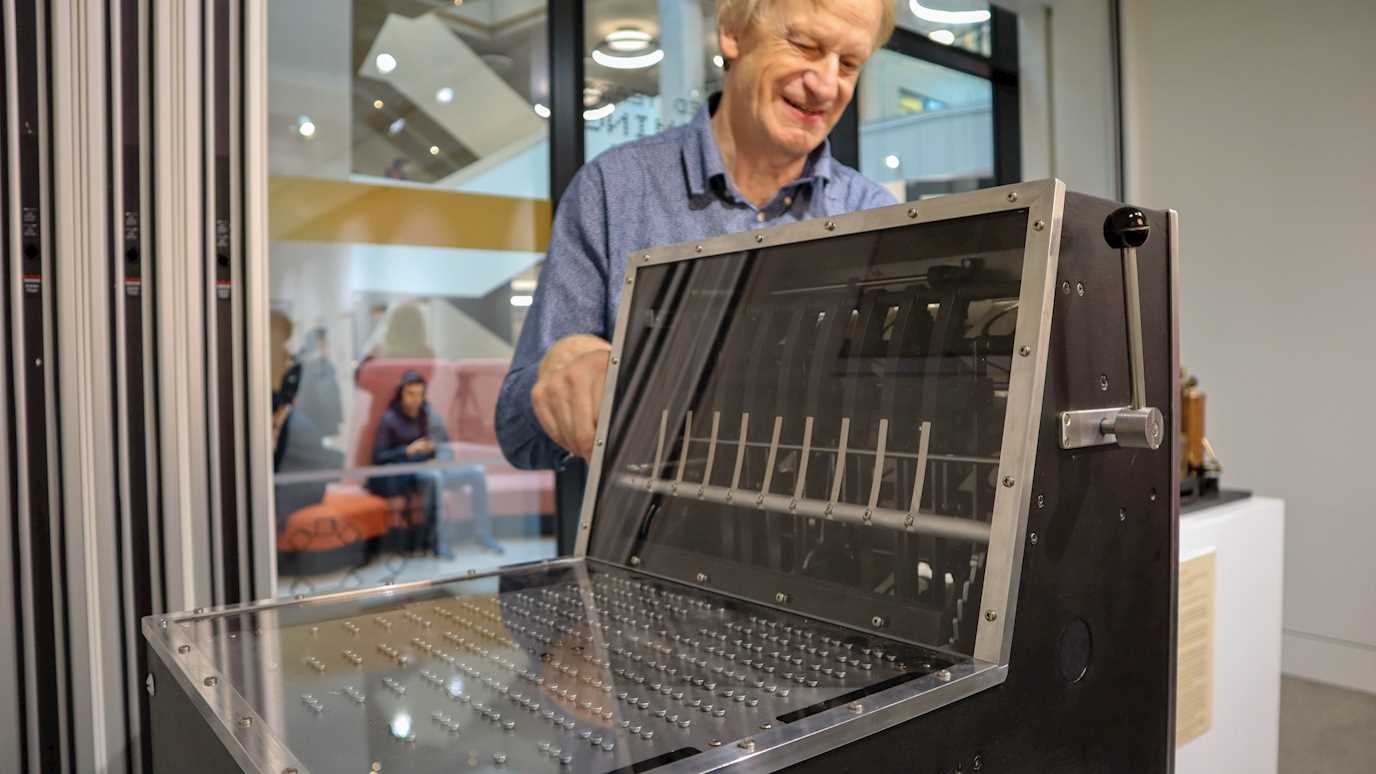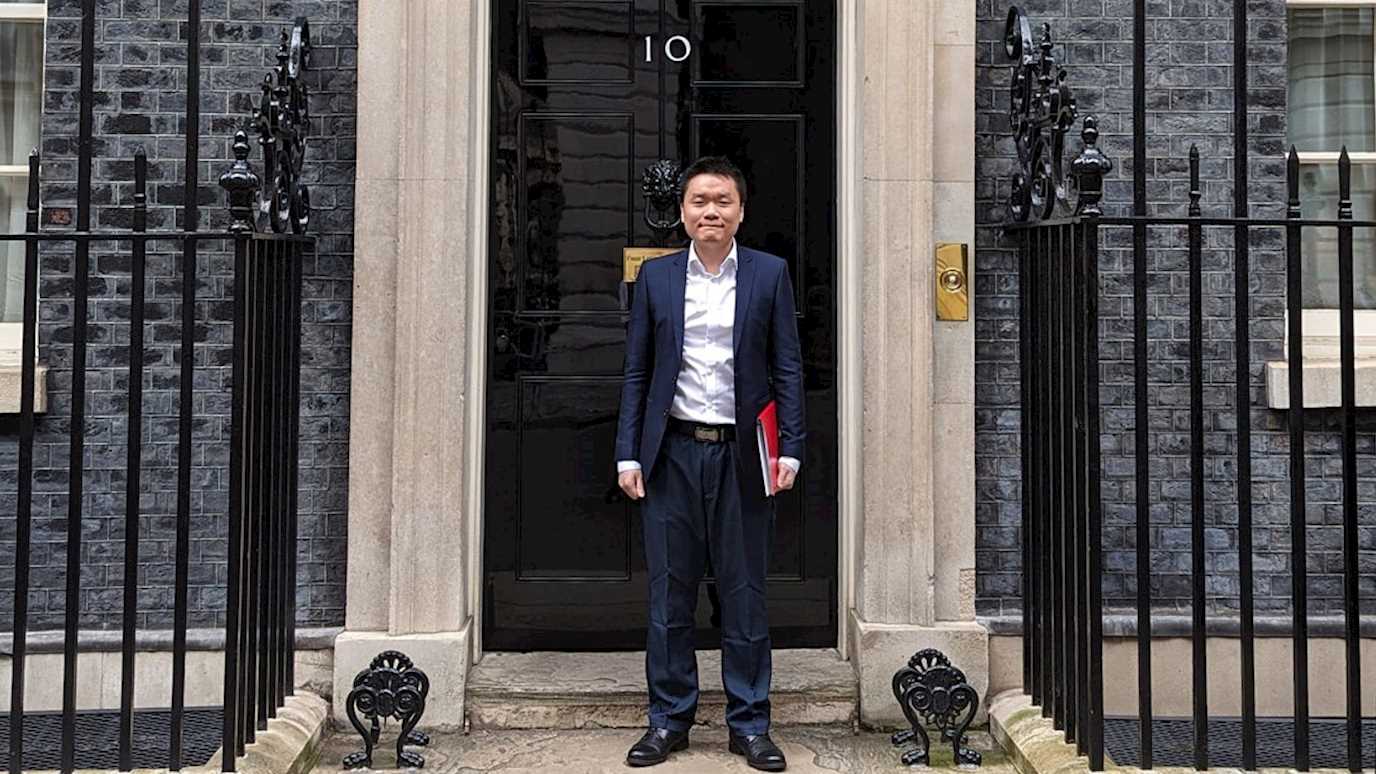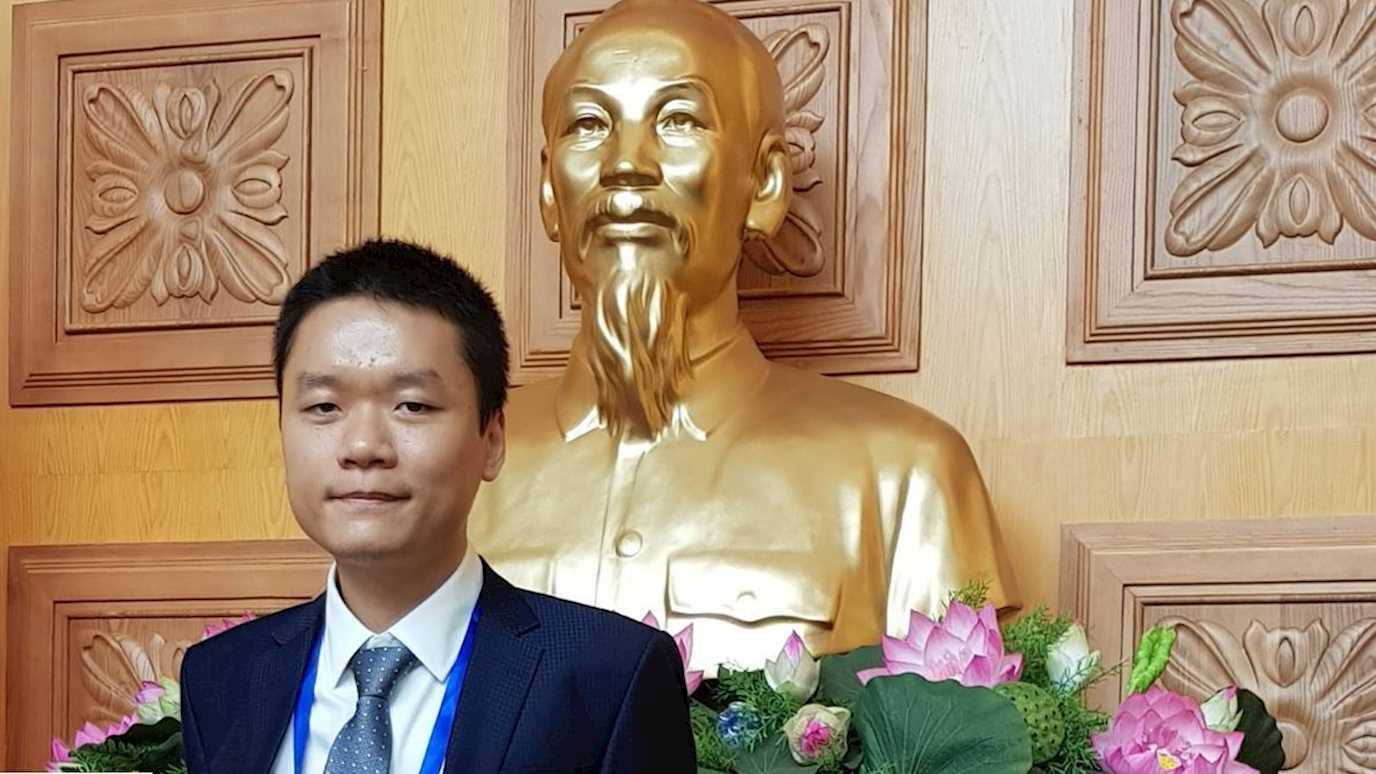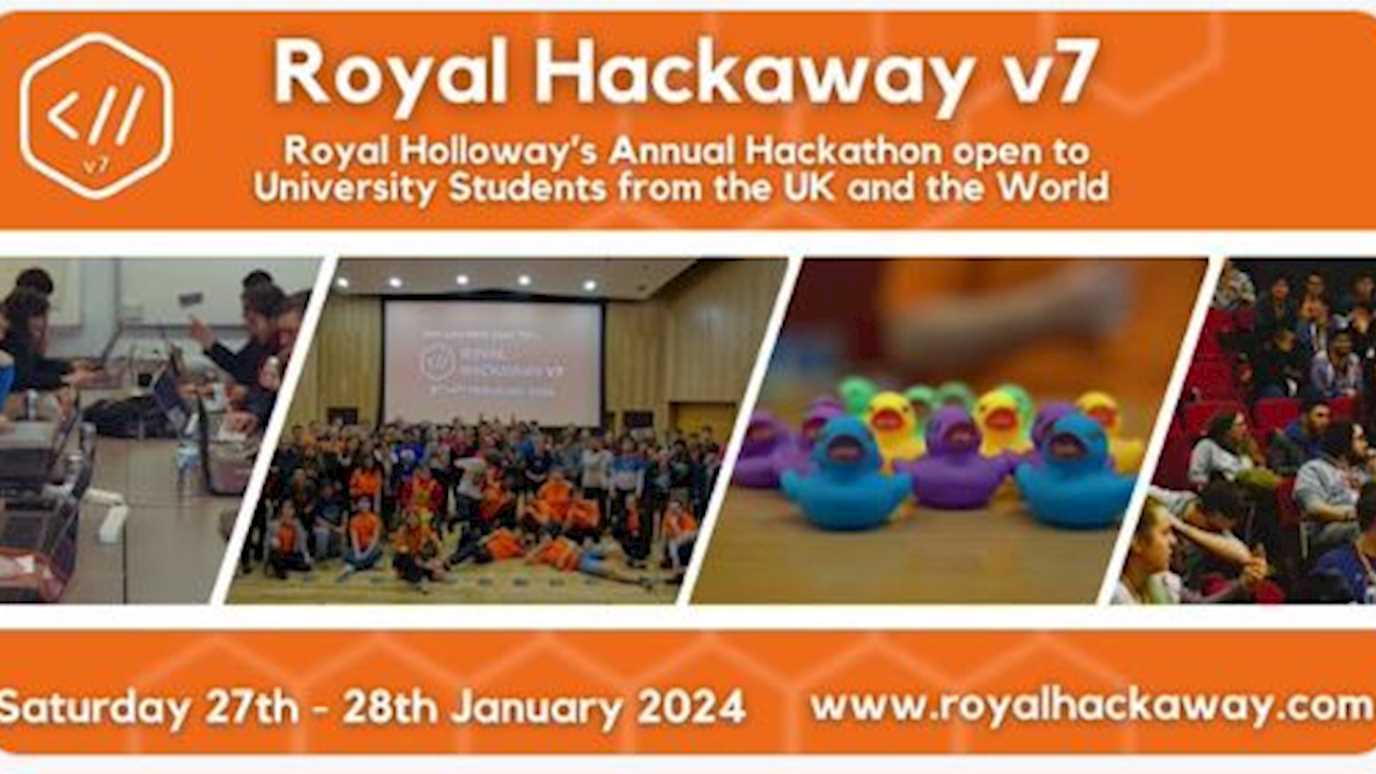Royal Holloway has won the prestigious British Society for the History of Science Great Exhibitions competition (Small Category) for its 200 Years of Becoming Digital exhibition.

Prof. Johnstone at the 200 Years of Becoming Digital exhibition
Royal Holloway is the first non-museum to have won the BSHS Great Exhibitions award, which recognises outstanding museum
exhibitions from across the globe. Judges said the exhibition excellently portrayed the overlooked
contribution of women to the field and captured the audiences’ imaginations with its display of 3D
prints, animations and a live steam engine.
The exhibition was designed and curated by Prof. Adrian Johnstone from the Dept. of Computer Science
with the help of Prof Elizabeth Scott, Prof Ursula Martin, Sydney Padua, Dr Doron Swade and Dr Piers Plummer. According to Prof. Johnstone: "The award is a great vote of confidence in the vitality of computing at Royal Holloway".
Dr Elizabeth Haines, Chair of Judges, said: “We had an amazing international set of entries for this year’s prize from national,
regional and local museums as well as from collections held by universities and scientific societies.
“We felt that the winning exhibitions stood out from the crowd because of their success in engaging audiences with unusual and
challenging aspects of the history of science and technology.
“As a Society, the BSHS believes the histories of science and technology are a vital tool for understanding our lives today.
“It’s our ambition to promote exhibitions that convey those histories in all their richness and complexity, and the winners do just that.”
The BSHS Great Exhibitions Prize was established in 2012. It is awarded biannually to recognise excellence in public exhibitions which
address the history of science, history of technology or history of medicine.
Globally recognised exhibitions from any country are welcome and must be based on artefacts or heritage sites including buildings or
locations, pictures, instruments, objects, papers or books.
At each prize-giving, winners are awarded in two categories, for large exhibitions and small exhibitions.
This year, the BSHS chose both winners and commended candidates to recognise a “rich selection” of large and small exhibitions.
Previous winners have included large and prestigious organisations such as the Adler Planetarium, Chicago, for its What is a Planet?
and the Science Museum, London, for Alan Turing’s Life and Legacy.
























